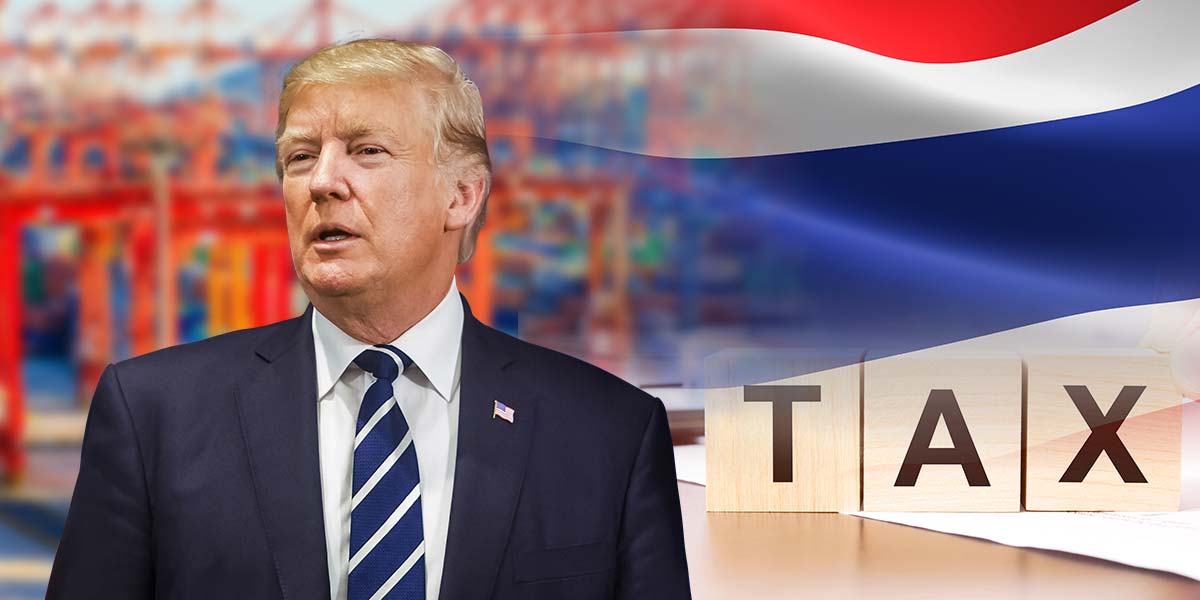The United States is potentially on the brink of significant trade policy changes as President Donald Trump considers imposing 20% tariffs on a wide array of imported goods. This comes as Trump gears up to introduce these trade barrier measures amidst growing concern from businesses, consumers, and investors about an escalating global trade conflict, as detailed in a Washington Post report.
President Trump has hinted at upcoming tariffs for some time now, earmarking April 2 as a decisive “Liberation Day” for announcing measures that could disrupt international trade systems. While details have been sparse, Trump highlighted on Sunday that reciprocal tariffs would be levied on countries imposing duties on American exports.
The White House echoed these sentiments on Monday, suggesting any nation treating the U.S. unjustly should expect retaliatory tariffs. Additionally, Trump plans to implement a 25% tariff on vehicle imports starting April 3.
The president is poised to present his tariff blueprint during a Rose Garden ceremony on Wednesday. As reported by the Washington Post, internal discussions hint at a sweeping 20% tariff on products from almost every nation, eschewing other, more specific strategies. The administration believes this approach could potentially generate over $6 trillion in revenue, which might be redistributed to Americans as rebates, the newspaper noted.
Meanwhile, a White House representative cautioned that any pre-announcement reports are “mere speculation,” as anticipation builds towards the unveiling of Trump’s trade strategy.
The 2025 National Trade Estimate Report on Foreign Trade Barriers outlines various trade and investment barriers that exist between the United States and other countries, including Thailand.
The report stated that the United States and Thailand utilize the Trade and Investment Framework Agreement (TIFA), established in 2002, as the main platform for bilateral discussions on trade and investment issues. Thailand’s average Most-Favoured-Nation (MFN) applied tariff rate was 9.8 percent in 2023, which is the most updated data based on the report.
Non-tariff barriers include restrictions on biofuel imports to support domestic farm income, requiring Ministry of Energy approval for fuel ethanol imports—none of which have been approved since 2005. Import licenses are necessary for numerous items, such as wood, petroleum, machinery, textiles, pharmaceuticals, cosmetics, food, and certain agricultural products. Thailand imposes food safety inspection fees on all imported cooked and uncooked meat and operates a customs incentive system for officials initiating investigations, raising concerns about potential corruption.
Technical barriers to trade include a new draft regulation concerning marketing restrictions on food for young children, which has caused concern for U.S. dairy exports. Sanitary and phytosanitary barriers involve mandatory audits for production facilities exporting animal-derived products. Restrictions exist on beef offal treated with beta-agonists. Despite Codex Alimentarius Commission standards, Thailand restricts beef derived from cattle treated with ractopamine. An unresolved issue is the ban on U.S. pork due to the absence of Thai Maximum Residue Limits (MRLs) for ractopamine, which led to the partial revocation of Thailand’s duty-free trade preferences under the U.S. Generalized System of Preferences (GSP) program. Sporadic bans on U.S. poultry imports also occur due to avian influenza.
Thailand remains on the Watch List for intellectual property protection. While progress has been made in enforcing laws against counterfeit goods, concerns persist regarding online piracy, patent backlogs, and lengthy civil IP enforcement proceedings. Services barriers exist in the audiovisual and financial sectors, including limitations on foreign film imports (though not currently exercised) and restrictions on foreign investment in terrestrial broadcasting and banking.
The Foreign Business Act restricts foreign ownership in many sectors, with some exemptions for U.S. investors under the AER. However, these exemptions do not apply to telecommunications, transportation, banking with depository functions, or land exploitation. In 2020, the U.S. partially suspended Thailand’s GSP benefits due to its failure to address internationally recognized worker rights, particularly freedom of association.





